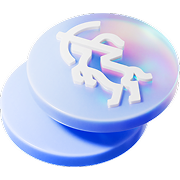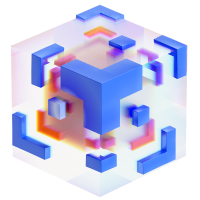Ankr’s
Polygon RPC.
Copied!

Necessary for using the Polygon blockchain.
Ankr's Polygon RPC allows for easy data transfer using JSON-RPC protocol. Developers can use various RPC requests for smart contract deployment, transaction execution, and network data retrieval.


Access Polygon’s leading provider
40%
RPC market share
Experience ultra low latency
110ms
average response time
Total Requests 24h
63,587,528
Cached Requests 24h
-
Average Requests/sec 24h
735.96676
Polygon RPC available in All continents.
Except Antarctica 
 USA
USA
 Argentina
Argentina
 Australia
Australia
 Brazil
Brazil
 Canada
Canada
 Chile
Chile
 Denmark
Denmark
 Great Britain
Great Britain
 India
India
 Japan
Japan
 South Korea
South Korea
 Netherlands
Netherlands
 Sweden
Sweden
 Singapore
Singapore
 South Africa
South Africa
Powering all Polygon use cases.

DeFi
DeFi
High-traffic DeFi use cases connected to Ankr’s RPC service can leverage the Polygon network's fast and affordable transaction processing capabilities. Developers can create lending and borrowing platforms, decentralized exchanges, and yield farming protocols that offer a better user experience.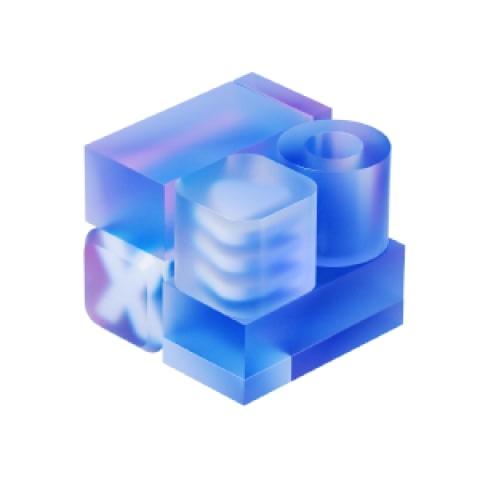
Web3 Games
Web3 Games
With Polygon, game developers can create intricate games on-chain without worrying about network congestion or high fees. Polygon's high scalability enables more transactions per second, which is vital for games with high user activity, while the ecosystem allows for the easy transfer of assets between different gaming platforms.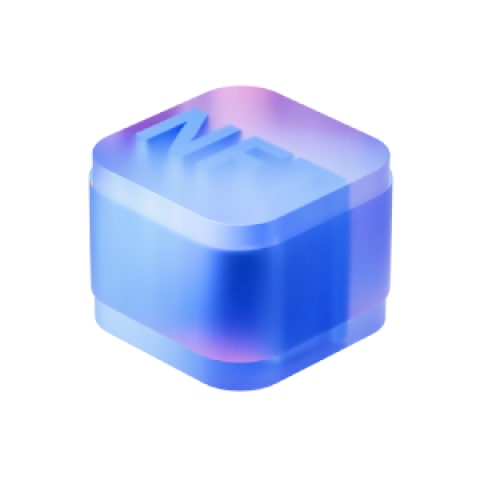
NFT Projects
NFT Projects
With low transaction fees, creating, buying, and selling NFTs on a marketplace built on Polygon is more affordable. Faster transactions also mean users won’t have long wait times for their NFT transactions to be processed, leading to a seamless user experience. Developers can create marketplaces where users can buy, sell, and trade NFTs of various kinds, including art, collectibles, and gaming items.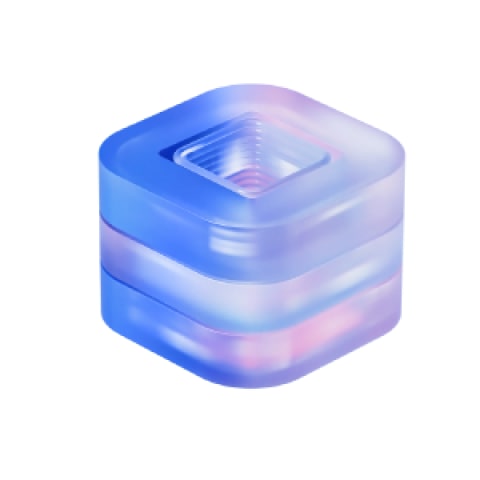
Supply Chain
Supply Chain
Polygon's fast and low-cost transactions are perfect for tracking goods in a supply chain. This creates a transparent and tamper-proof record that can automate various steps in the process. Supply chain management dApps on Polygon can use its efficient transaction processing to track goods and ensure their authenticity, making the process more secure and efficient.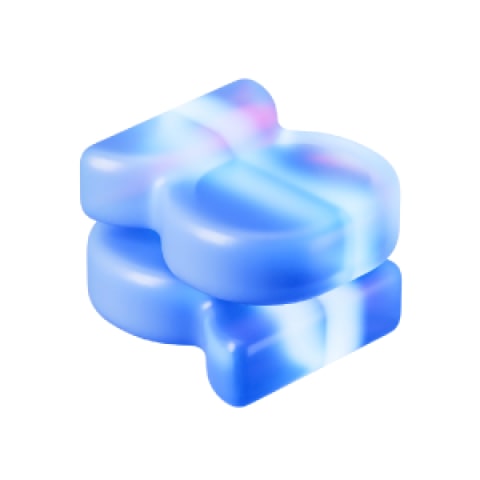
Identity Verification
Identity Verification
Web3 apps built using Polygon RPC can offer a decentralized method of identity verification without relying on centralized authorities. Developers can create applications that utilize the network's fast and efficient transaction processing capabilities to validate identities, creating a more secure and confidential process.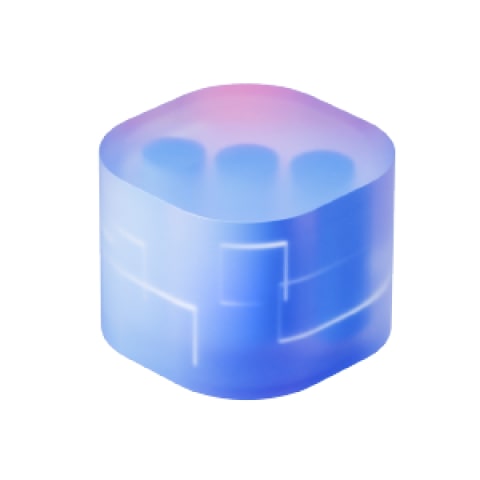
And More
And More
Ankr’s Polygon RPC offers developers an extensive range of options for building dApps on the Polygon network. By leveraging the network's fast transaction processing and low fees, developers can create innovative and efficient decentralized applications that offer a better user experience.Use Ankr as your official high-performance RPC connection to Polygon.
Ankr is the Polygon Foundation’s proven infrastructure partner offering everything developers need to ship projects and scale fast on the network.
See Endpoint LinksConnect to Polygon’s zkEVM scaling solution, powered by Ankr.
Connect to Polygon’s newest scaling solution now.
See LinkPolygon RPC Pay-as-you-go.
Free
Premium
Enterprise
Polygon Liquid Staking. Infrastructure you can trust.
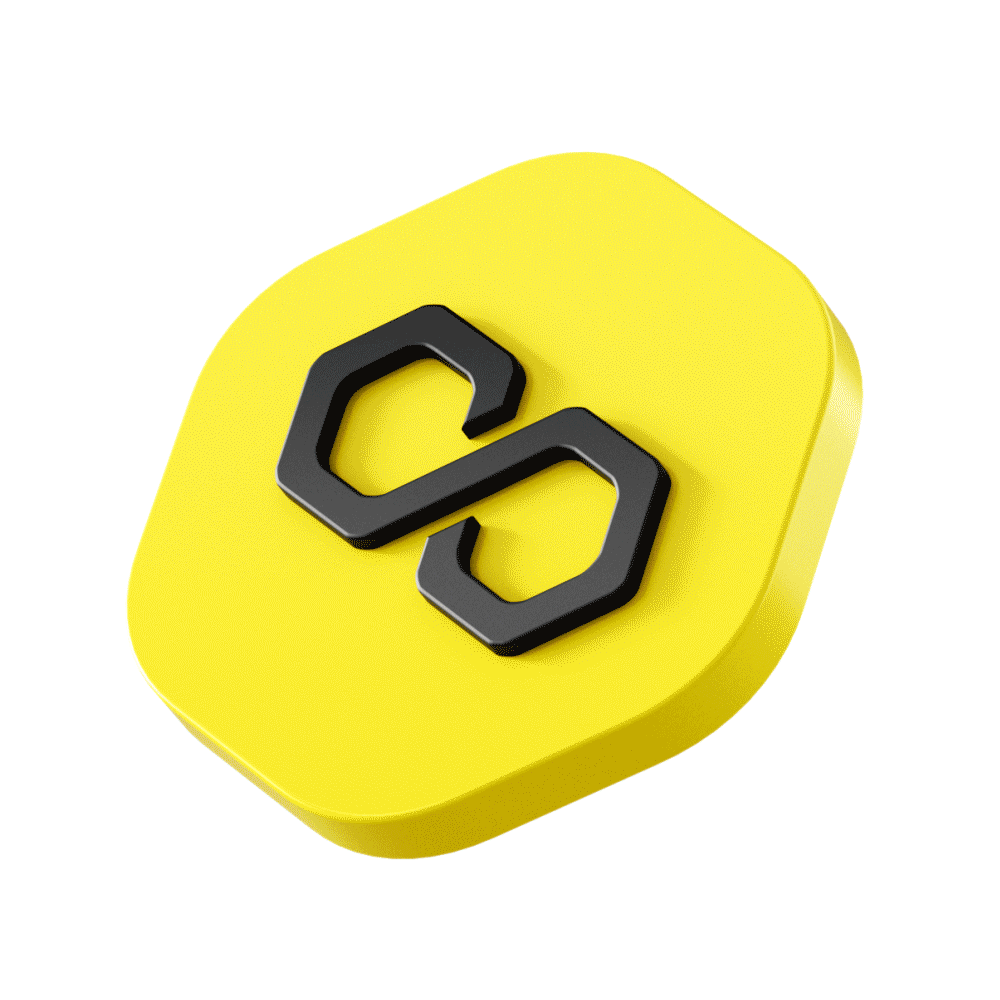
ankrPOL
By staking your POL assets on Ankr, you receive ankrPOL liquid staking tokens that represent your staked assets.
Liquid Staking Tokens (LSTs) deliver your staking rewards while providing an additional opportunity to use them in DeFi earning strategies. With Ankr, you can choose to stake POL on either Ethereum or Polygon with a cross-chain staking pool, providing more options and flexibility. Liquid staking tokens represent your staked assets and deliver your accumulated rewards.
Bridge POL Liquid Staking tokens between networks.
ANKR Polygon (POL) liquid staking DeFI integrations.

Liquidity Pool

Liquidity Pool
Liquidity Pool

Liquidity Pool

Liquidity Pool, Farming
Liquidity Pool

Liquidity Pool
Vault
